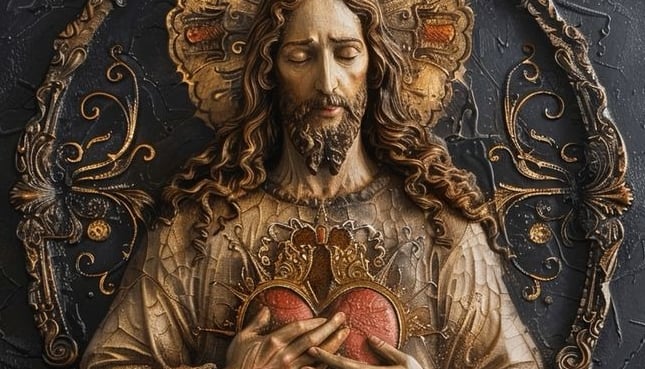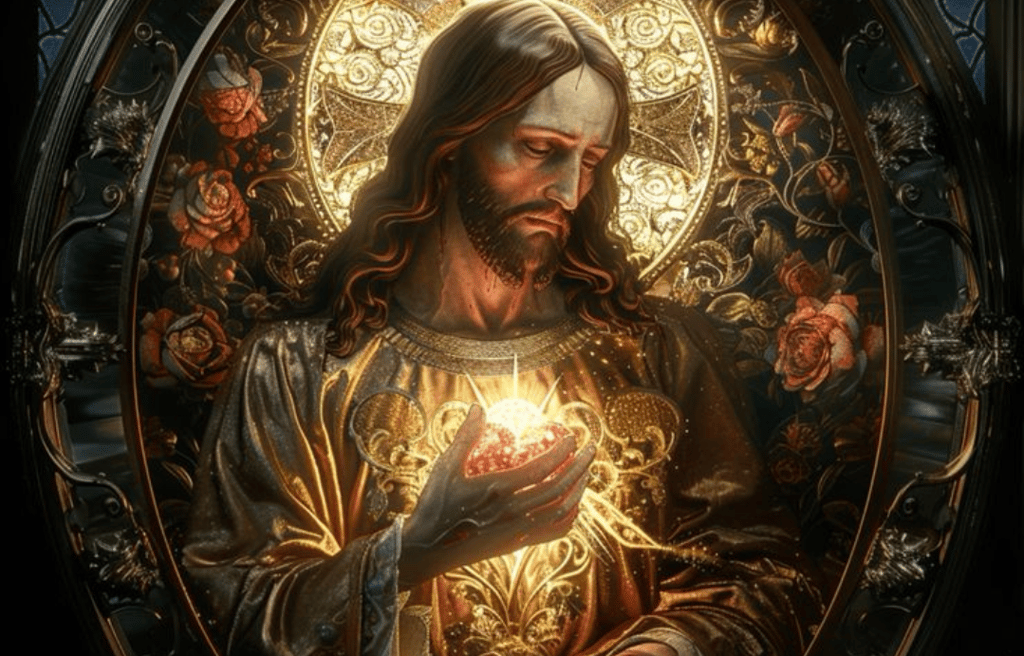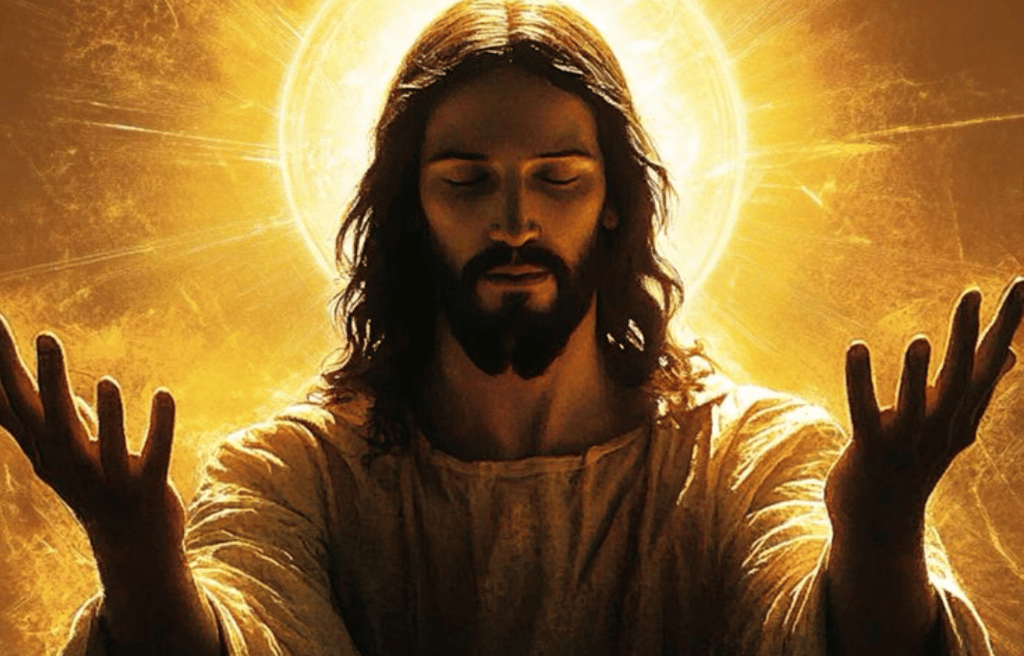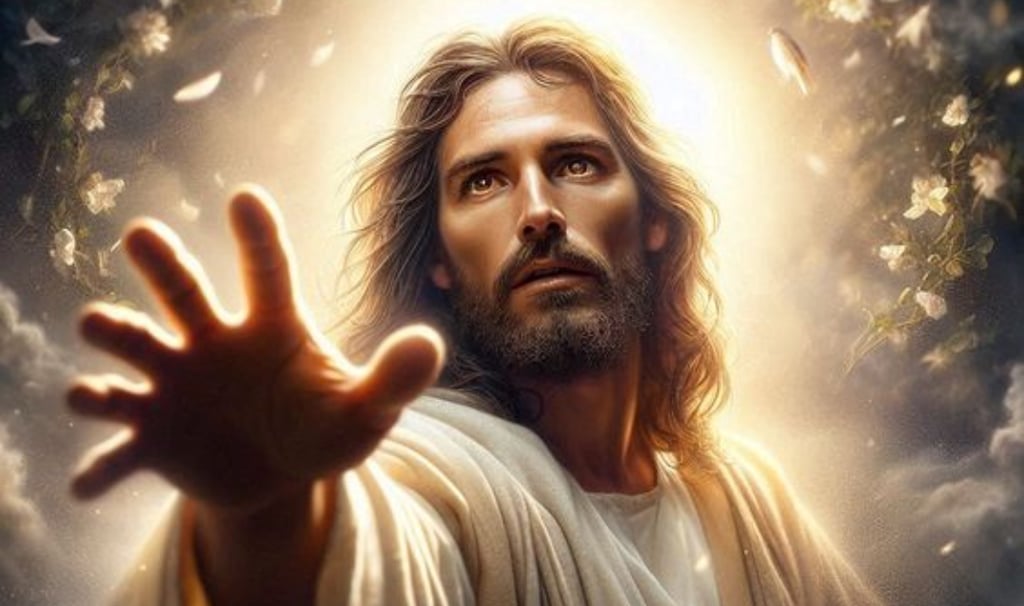Is Jesus' Teachings on Forgiveness Really Practical in Today's World?
In a divided world, can Jesus' radical call to forgive truly be practical? Explore how His teachings on forgiveness can lead to freedom, healing, and a brighter future, even when it feels impossible.
JESUS CHRIST


Forgiveness. It's a word thrown around a lot, often touted as the answer to healing wounds and moving forward. But in a world that seems increasingly divided and fueled by anger, is Jesus' radical call to forgive truly practical? Can we really turn the other cheek when faced with betrayal, injustice, or deep hurt?
The Radical Nature of Jesus' Forgiveness
Jesus didn't mince words when it came to forgiveness. He demanded it, not just as a nice gesture but as a core tenet of following Him. In the Sermon on the Mount, He stated, "For if ye forgive men their trespasses, your heavenly Father will also forgive you: But if ye forgive not men their trespasses, neither will your Father forgive your trespasses." (Matthew 6:14-15 KJV) This wasn't a suggestion; it was a non-negotiable condition for experiencing God's forgiveness ourselves.


Source: Google Image
He illustrated this radical forgiveness through powerful parables. In Matthew 18:21-35, we encounter the story of the unforgiving servant who, despite being forgiven an enormous debt by his master, refuses to show mercy to a fellow servant who owed him a much smaller sum. Jesus concludes the parable with a stark warning: "So shall also my heavenly Father do also unto you, if ye from your hearts forgive not every one his brother their trespasses." (Matthew 18:35 KJV).
But What About Justice?
The modern world often struggles with the concept of forgiveness because it seems to contradict justice. We believe that wrongdoers should face consequences, and forgiveness can feel like letting them off the hook. However, Jesus' teachings differentiate between forgiveness and condoning wrong actions.
Forgiving someone doesn't mean saying what they did was okay or that they shouldn't face the consequences of their actions. It's about releasing the bitterness and resentment we hold in our hearts. It's about choosing to break the cycle of anger and vengeance, even when it feels impossible.


Source: Google Image
The Practicality of Forgiveness
This is where the true practicality of Jesus' teachings comes in. Holding onto anger, bitterness, and resentment doesn't punish the offender; it poisons us. It festers within us, impacting our mental, emotional, and even physical well-being.
Forgiveness, on the other hand, liberates us. It breaks the chains that bind us to the pain of the past. It allows us to heal and move forward. It doesn't erase the wrong that was done, but it allows us to view it, and the person who wronged us, with compassion and understanding.
In Luke 6:37, Jesus instructs, "Judge not, and ye shall not be judged: condemn not, and ye shall not be condemned: forgive, and ye shall be forgiven." (KJV) This isn't just about avoiding judgment from God; it's about experiencing the freedom that comes from releasing the need to judge and condemn others.


Forgiveness in Action
One powerful example of forgiveness in action is the life of Dr. Martin Luther King Jr. He combined Jesus’s teachings on radical love and radical forgiveness to fight against the deep-rooted injustice of racial segregation. Despite facing violence and hatred, Dr. King advocated for love and understanding, demonstrating the transformative power of forgiveness.
Forgiveness: A Journey, Not a Destination
Forgiveness isn't a one-time event; it's a process, a journey we embark on. It may take time, and it may require us to repeatedly choose forgiveness, especially when faced with deep hurt. But each time we choose to forgive, we move closer to the freedom and healing that Jesus promised.
In a world that often seems determined to hold onto anger and division, choosing forgiveness is a radical act. It's a testament to the transformative power of Jesus' teachings, proving that even in the midst of darkness, love and forgiveness can pave the way for a brighter tomorrow.
